There are numerous things to think about and often challenges to overcome when working on a photo documentary. Here are eight useful tips that I believe will make the process easier and help you create more compelling and powerful stories.
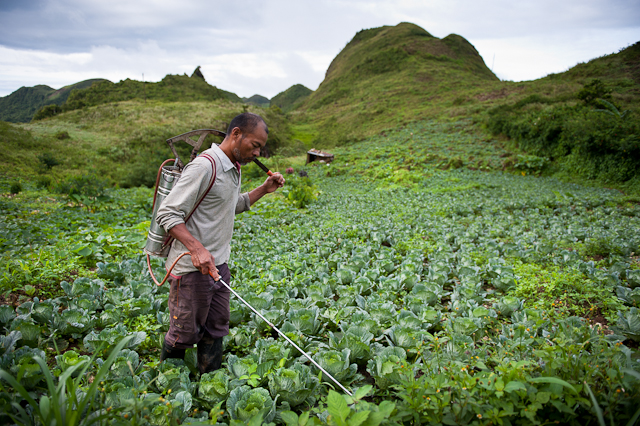
1. Shoot What You Like. The best photos will always come from a subject that you have a deep interest in. There is something to be said for following your passion and doing work that has personal meaning or interest to you. Your compassion toward your subjects and genuine interest in your story will show in your final images.
2. Don't Rush It. Many great documentaries have been done over a period of time, sometimes months or even years. While your project may not need to take that long to complete, it's important to spend quality time working on it. Even if that means taking it one step further by going back for a second or third time to visit your subject/s. The more time you spend on a project the more possibilities you create to witness something special or unique that could give your story more depth.
3. Do Your Research. Gather as much information on your topic as possible. This will help you start to visualize and develop a framework for your project. By researching you will likely discover other work done on the same topic, find important background information, locate people to meet, or find ideal places to visit. When you start putting all of your information together you will be able to visualize a more realistic picture of what you may be able to create. Ideas should start flowing.
4. Get Inspired. Get yourself excited about your project. Some suggestions to get your creative juices flowing are; explore other photographers work on a similar topic, listen to your favorite music, watch a video documentary on something similar or even think about the impact your documentary will have on others. There are a multitude of ways to start getting inspired, just figure what works best for you. For me, this is often just a continuation of my research, which is usually inspiring in itself. When I'm researching for my topic I'm normally getting excited and motivated at the same time.
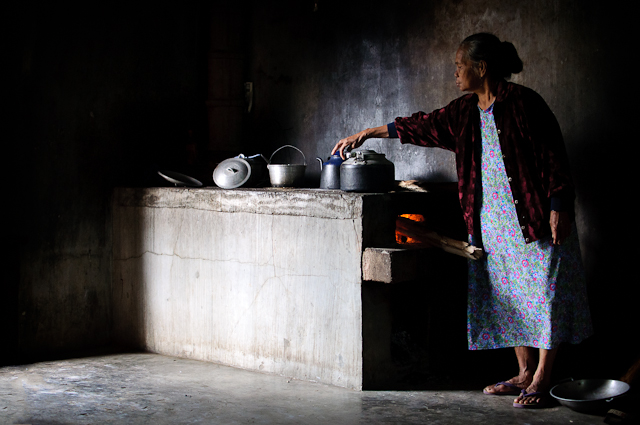
5. Make Multiple Contacts. Locating contacts while working on a story, I find, is a super important component to a successful documentary. A local contact will likely know best where to find the things your looking for and give you good all around information. I find though that sometimes a contact trying to help you out doesn't always fully understand what you are after (even if you explain it to them). They may point you in a different direction, simply because they can't understand what you are doing. By making multiple contacts we increase the chances that we find an individual who is on the same page as us. Contacts can be made before you start shooting your story or while on site. I have found fantastic contacts both ways.
6. Ask Permission. Talk with your subject/s and make sure they are okay and understand what you are doing. By being open with the people you plan to photograph or work with you will create a more comfortable environment. This will make your work easier and help you produce more authentic images.
7. Try Something New. Experiment with your lighting, POV, approach in communicating with your subject, asking different questions, exploring a new location, or anything that you may not have done before. I believe by trying new things we can help spark our creativity and keep things fresh. It may be something small, but we should try to do at least one new thing for each project we are working on. The worse case scenario is we find out it doesn't work. The best case scenario is we find a new creative and useful way to create stronger images.
8. Be Prepared. This is straight forward enough. Although this goes beyond packing the appropriate gear, chargers, extra batteries and strobes (albeit getting this right is also very important). We must also prepare for the type of environment we will be going into. Will there be language differences we need to learn, certain clothes we will need, a support network, travel arrangements and even food considerations. We shouldn't get bogged down with preparing for every single detail, but rather cover the basics which will let everything else fall into place.
Jacob Maentz is a freelance travel, culture and documentary photographer currently based in the Philippines. His passion lies in creating images that communicate a strong sense of place and cultural awareness in unique, challenging situations. You can visit his website here, read his articles on his blog, follow him on Facebook or Google+.

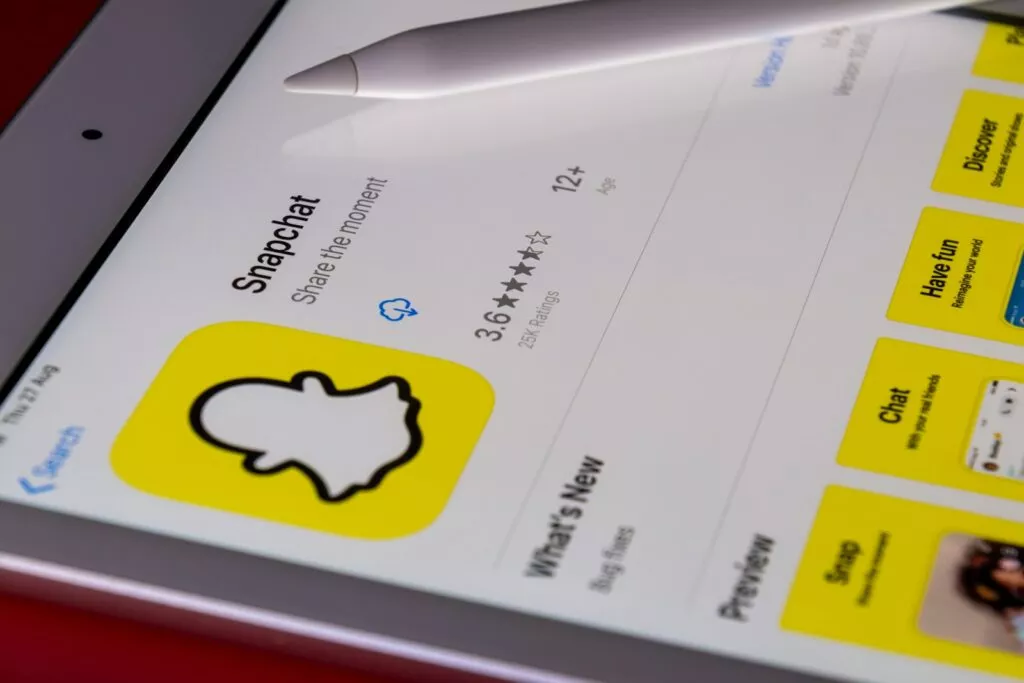
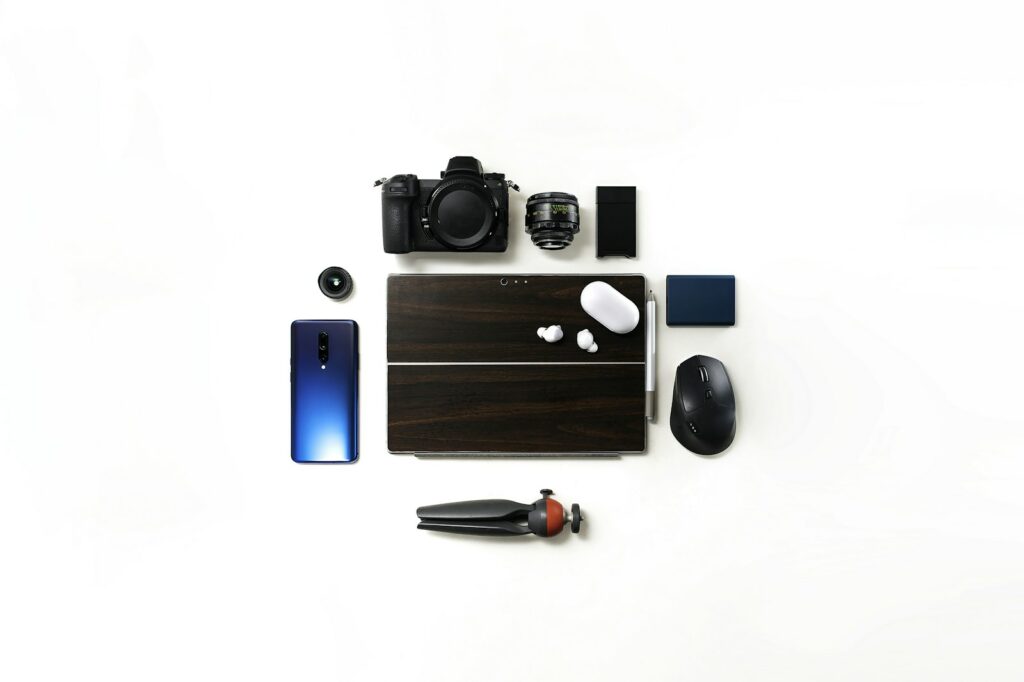

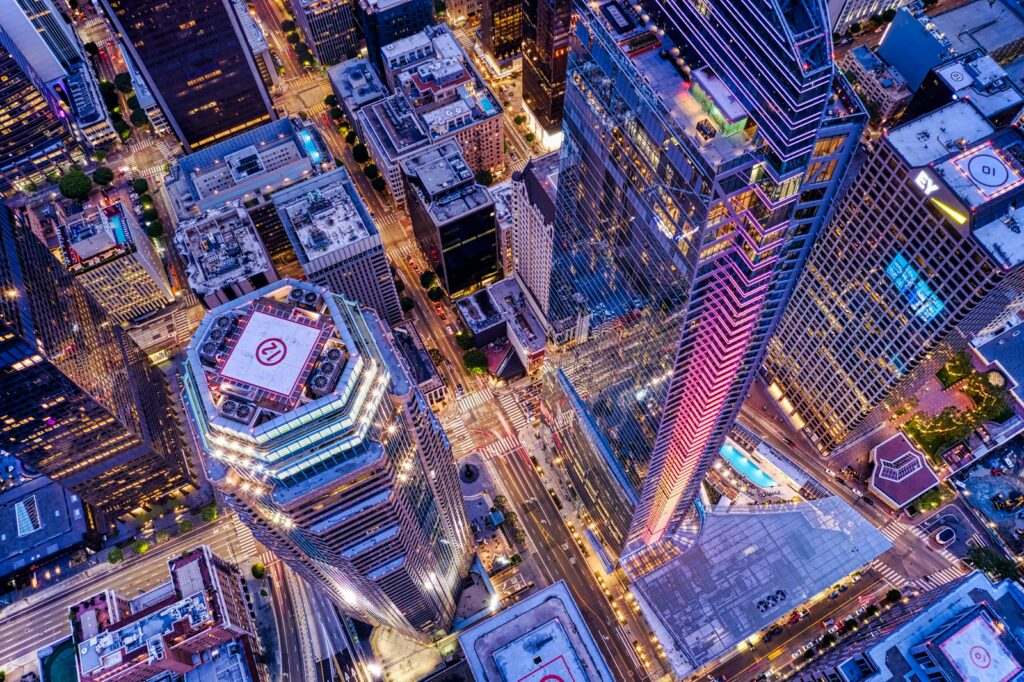
2 Comments
Great tips..really like tip number 4..getting inspired.
Great tips, spend sometime and talk to the locals will get you into many great locations and see behind the scenes. pleople love people taking an interest in there normal lives.